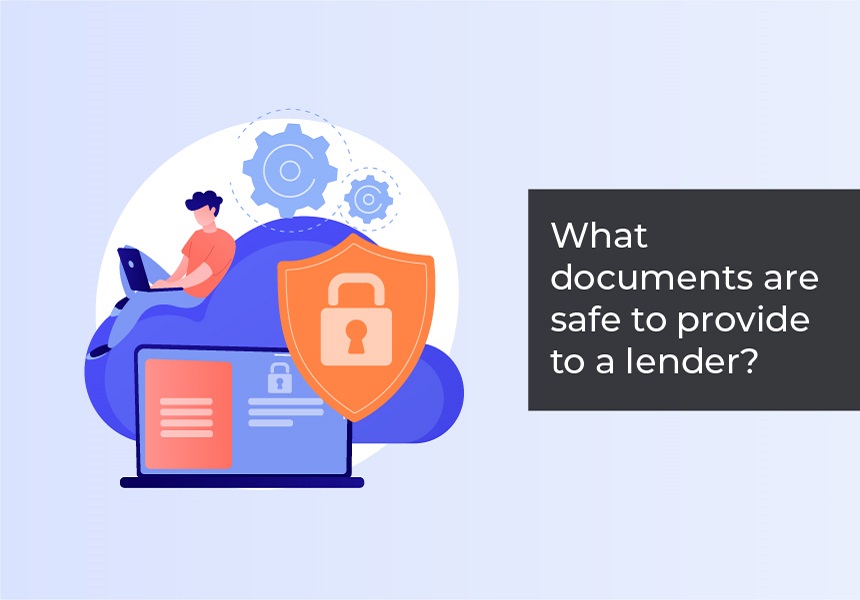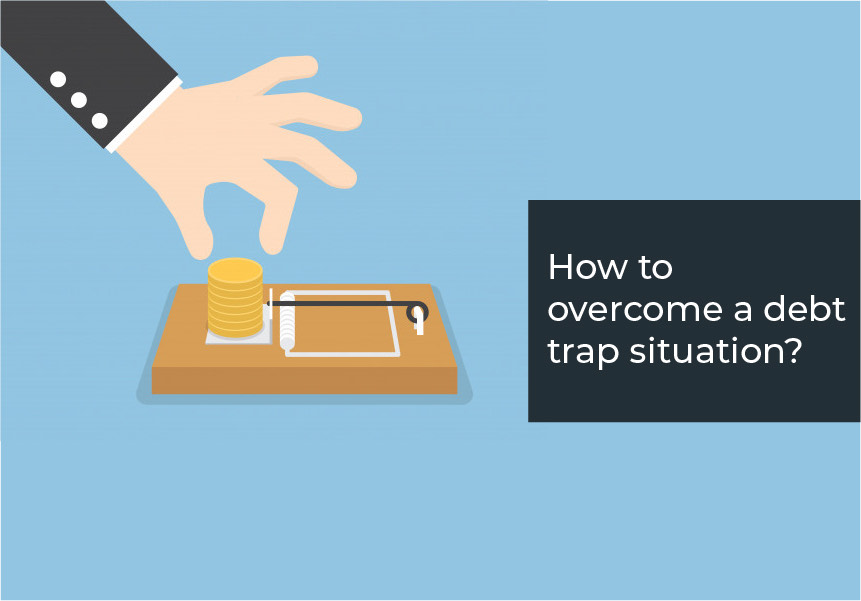You must have taken some form of debt or a credit instrument at some point in life. Debts are often a part of our financial plan in order to achieve our goals or to meet any financial shortcomings that come our way. However, managing debt is as important as getting the financial support when you need it. Poorly managed debts can often lead to diminishing credit score and impacts your credit history which certainly tampers with your chances of future borrowings. So, how can you control, monitor and ease your debt portfolio?
As a part of a prudent financial plan, you must ensure that you do not have multiple debts at one time. Reason being, it only increases the hassle of dealing with multiple lenders, their terms of service, EMI dates and so on! At such times, Debt consolidation is an Ace up your sleeve that will resolve the blunder of unwise financial planning. To understand the concept better, let’s learn more about debt consolidation and situations that highlight the need for the same.
What is Debt Consolidation?
Debt consolidation is a financial tactic used to ease the repayments arising out of multiple existing debt instruments. These debts include any and all kinds of personal loans, vehicle loans and credit card outstanding bills arising out of multiple credit cards. With Debt consolidation, you can consolidate all your existing debts into one single loan. This not only helps ease servicing the debts but also helps save on the varying interest component demanded by different loans and lenders.
When should I opt for Debt consolidation?
While you may be a master at dealing with debts, there could be a few habits that may be gradually leading you to a debt trap like situation. To understand this better, we have enlisted a few habits/situations that could be demanding debt consolidation so that you do not find your debts burdening you in the near future.
Uncontrolled spending Habits
If you are lured with multiple festive offers and are tempted to frequently invest your money in various purchases, it would certainly be difficult to meet all your debt repayments along with your desired spends. To make more room for such splurges, it is recommended that you first make arrangements to pay your debts on time. If you end up spending too much time on deciding which debt to clear off first, simplify this further. Go for debt consolidation with a Personal loan, which will help you clear off all your existing debts at once and leaves you with liquidity to fuel your spending while also leaving room for monthly savings!
High dependency on Credit Cards
Our most convenient option today seems to be making all purchases with credit cards. However, it isn’t the safest bet for sure! Although credit cards provide the facility of swipe now and pay later, they certainly demand a high interest rate as compared to a personal loan. Moreover, more often than not, till we realise that we have exploited the credit limits, we find ourselves in a pool of outstanding credit card bills due to the indulgence in the desire of convenience. To avoid paying high interest rates on credit cards, it is best that you consolidate the bills with the help of a personal loan. There are customized loans designed to consolidate credit card bills arising from multiple credit cards that you own viz., the Credit Card Takeover Loan. This debt consolidation loan helps you clear of all your debts in one go, not to forget, at just half the interest rate! You can also opt for a personal loan as it would also help you convert your outstanding dues into EMIs.
High Debt to Income ratio
Debt to Income ratio (DTI) is a crucial indicator of your financial health and debt portfolio. It is the ratio of debts borrowed against the income earned. If you realise that your debts borrowed are consuming more than 50% of your monthly income, then it certainly is indicating that you need a revisit of your debt portfolio. A DTI of 30-50% is considered to be a healthy DTI ratio. Thus, anything exceeding the said figure needs to be considered a prompt to opt for Debt Consolidation. Debt consolidation will help reduce the EMI and will help you manage your repayments.
Related Article – What is Debt to Income Ratio (DTI)? How Does it Factor in your Loan Eligibility?
Unable to contribute to monthly Savings
Savings are the primary source that comes handy during the onset of unforeseen circumstances or any sudden emergencies. In fact, experts recommend that every working professional must save at least 20% of their monthly income. If you are unable to keep aside 20% of your income as savings due to other debt repayments and monthly expenses, it is time for you to opt for Debt Consolidation. Lowering your monthly outgo towards debts by choosing an affordable personal loan will certainly help increase liquidity and make more space for monthly savings.
A personal loan will help you consolidate all your high interest rate debts into one single affordable loan. It takes away the hassle of dealing with multiple lenders and memorizing multiple due dates arising out of multiple loan repayment schedules. This ensures that you can keep track of your finances in a better manner, positively contributing to your Credit Score too!
Related Articles –
Why You Should Consider Debt Consolidation – Managing Debt (Part 1)
How to Deal with Credit Card Debt – Managing Debt (Part 2)













